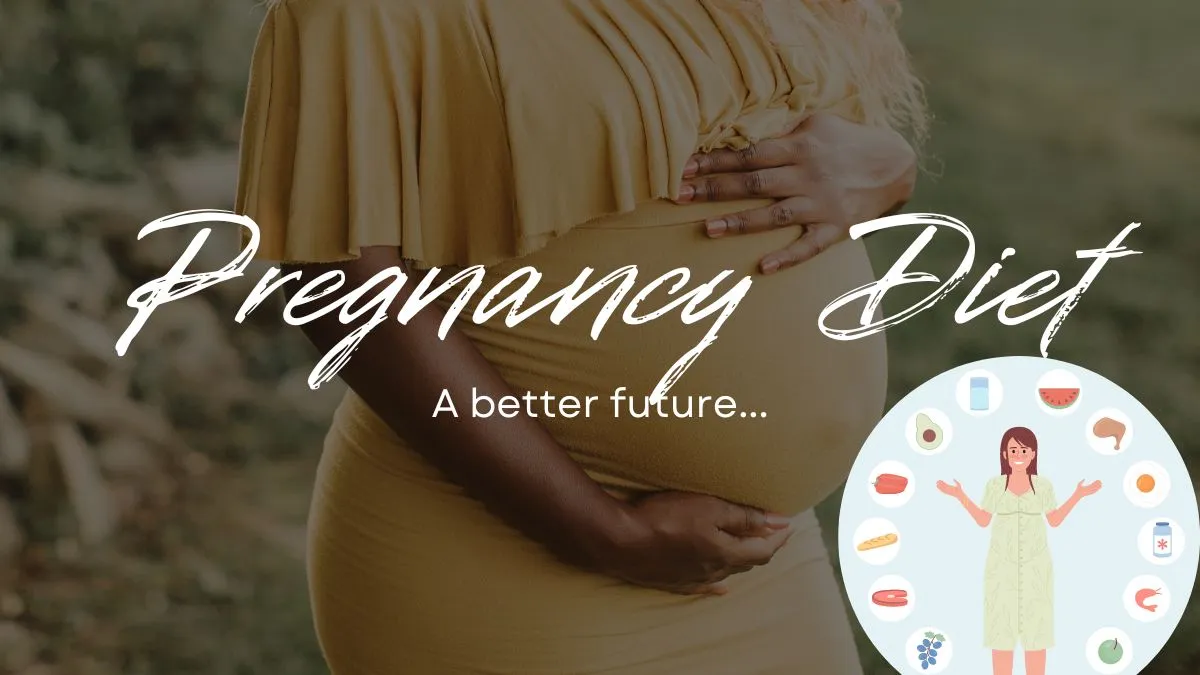- By Priyanka Munshi
- Tue, 30 Apr 2024 11:59 AM (IST)
- Source:JND
It is essential for the mother's and the baby's well-being to eat a balanced diet throughout pregnancy. Foods high in nutrients offer the vital vitamins and minerals required for the growth and development of the newborn. It is ensured that the mother gets enough nourishment to support both her own health and the needs of the infant by including a range of fruits, vegetables, whole grains, lean proteins, and dairy products. In addition to promoting a healthy birth weight for the unborn child, eating well during pregnancy can help avoid issues like gestational diabetes and preeclampsia.
Furthermore, keeping a balanced diet helps ease common pregnant discomforts including exhaustion and diarrhea. Throughout pregnancy, moms can maintain their own vitality and set the stage for their child's future health by choosing nutrient-dense decisions. So here we have listed some of the best foods that you must include in your diet for your health and your baby's health too.

Nutrient-rich foods provide essential vitamins and minerals for newborn growth.(Image Credit:Canva)
Foods High In Vitamin D
Bone mineralization and calcium absorption depend on vitamin D. Vitamin D levels are improved by sun exposure and fortified foods like milk, therefore pregnant women should aim for 600 IU per day, according to NIH.
Iron-Rich Diet
Pregnancy raises the mass of red blood cells, plasma, and total blood volume; therefore, consuming more iron is necessary to avoid anemia. Meat, poultry, fish, and citrus fruits are the required daily amount of 30 mg.
Healthy Fats
The U.S. Food and Drug Administration and Environmental Protection Agency guidelines advise pregnant women to eat 8–12 ounces of seafood high in omega-3 fats, according to NIH.

A variety of fruits, vegetables, whole grains, lean proteins, and dairy products support the mother's health.(Image Credit:Canva)
Foods High In Protein
Did you know that during the second trimester, pregnant women need 71g of protein per day—25g more than non-pregnant women? Meats, lentils, almonds, shellfish, eggs, dairy products, beans, and seeds are examples of foods high in protein, according to NIH.
Also Read: Sleep Deprivation: 6 Hidden Signs You're Not Having Enough Sleep
Fiber-Rich Food
During the second trimester of pregnancy, constipation can be lessened for all expectant moms by consuming 25–30 grams of dietary fiber, mostly from fruits, vegetables, grains, and legumes.
(Disclaimer: This article is for informational purposes only. It is not a substitute for professional advice, diagnosis or treatment.)

